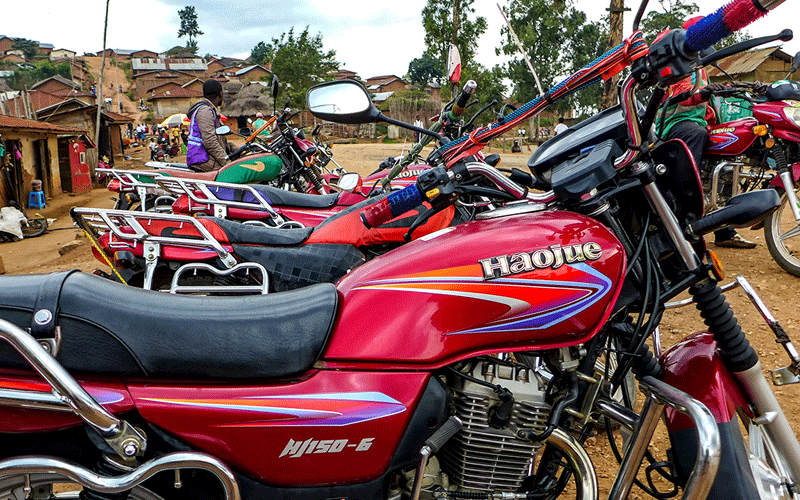A wake up call for Kenya to redefine herself

It was an ugly scene by any definition, and the less one dwells into the details the better. The incident on Prof Wangari Maathai Road of a woman trapped in her car, with men baying for all that society holds private will remain curved in our psyche. It speaks of what Kenya has become as a society.
What was it that drove the male riders to do such a thing? Is this how they were brought up? Why did this woman’s screams that rose to the high heavens, fail to draw any sympathy not just from the male riders but even from any bystander, or other road users? Why is Kenya such a cold-hearted country?
If the woman’s supposed offence, the reason the boda boda people descended on her as they claim, was because of an earlier incident, then why did they quickly engage into violating her, into robbing her and take leave of their senses if they had sense in the first place?
It is hard to be sympathetic to these boda boda operators. However, condemning the incident in isolation fails to capture what is ailing the Kenyan society. From his tours across the world, celebrated journalist Alex Chamwada tells stories of cities, some of them in Africa, where traders do not have to worry that their wares would be looted if left unattended.
In some of such cities, currency traders leave their cash on the roadside to retreat and attend to other activities believing that their stock is safe. In others, one does not have to worry that they have left their personal effects in a taxi because they are confident that the taxi driver will return the items to them, and that the next passenger will not claim the item for themselves.
Yet in Kenya one is almost certain that if one dropped a coin, the next person to see it will step on it hoping that the person who dropped it disappears, so that they can pick and keep it. A woman fears wearing her jewelry in public because marauding thugs will snatch it off her neck or finger.
One of the fears in this country is to be involved in a road accident. The first responders will most probably first seek to empty the pockets of the victim, take anything that is valuable and probably abandon the victim to his or her fate, rather than provide the much needed first aid support.
The scenes of motorists stopping their cars on the roadside to loot accident victims is all too common. It has brought this country enough grief when oil tankers have exploded and incinerated the looters. But the lessons have never been learnt and the outcome of the next accident is likely to be the same.
This country must reset its value clock. Kenya must redefine herself afresh and ask what kind of society she wants to be. It should be obvious that the nation can’t continue on this path of selfishness and fail to consume itself, becoming devoid of any humanness.
It is the silly season of politics and the counter movements against the government’s push to clean this public service sector, will include some human right’s activists and pseudo intellectuals who will frame it as a class war and an economic struggle that pities the haves against the have-nots.
It is the culture of lawlessness that illegally sets up a kiosk in every open space then claims economic suppression, when being moved to put the space to its planned utility.Lazy opportunistic politicians will then jump in, claiming to be fighting for the rights of the poor which is no more than exploiting the situation for selfish opportunistic gain.
Politicians campaigning for office often claim to run on an economic platform but now is the time to recognise that economics is not everything, particularly if society is losing its very soul.
For how would one define Kenya but through the acts of her people. The image that emerges requires hitting a reset button, and that can only be done at the level of political leadership.
—The writer is dean, School of Communication, Daystar University












